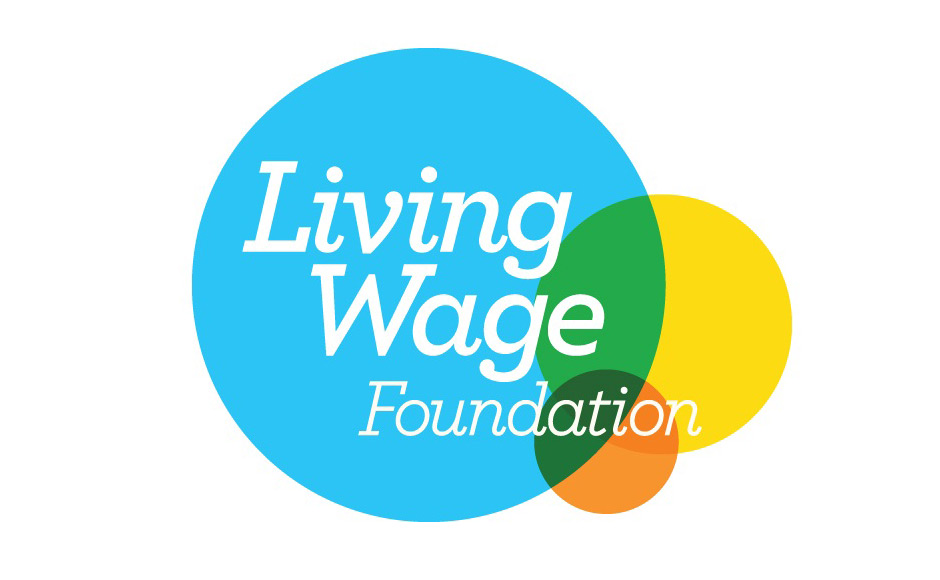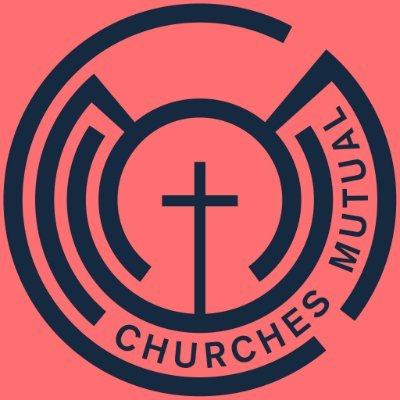Economic inequality
The Church is involved with several campaigns and organisations working to address economic inequality in Scotland and the UK. We encourage our churches to take part in campaigns such as Good Money Week and to learn more about credit unions, welfare reform and universal credit.
A Right Relationship With Money
We are all consumers. However, we often don't realise that every choice we make as a consumer affects other people. So our choices should be made in the light of Christian ethics, church teaching and our own conviction.
The Right Relationship with Money report from the Commission on the Purposes of Economic Activity examined what had gone wrong with the economic system and how it might be improved.
The Living Wage

We believe that people who work full time should be valued enough to be able to afford to live a full and happy life. We support The real Living Wage. This is the minimum amount a person needs to earn in order to have a basic standard of living. Anything less than this will result in what is known as in-work poverty. The Living Wage Foundation has plenty of information on ways you can be involved in making sure that in-work poverty becomes a thing of the past.
Real Living Wage £12.60 (2024-25) National Living Wage (over 21) £11.44 (2024) National Minimum Wage (18-20) £8.60 (2024).
Welfare Reform
The welfare system is designed to act as a safety net for all who find themselves in financial difficulty. This stops people from ending up in a situation where they are unable to pay for food and the things we need to live a comfortable life. Our Welfare system is currently in a period of transition. Universal Credit is being rolled out across the country. Unfortunately, as it stands, Universal Credit seems to cause more problems than it solves.
We work together with the Joint Public Issues Team to make sure we are speaking out effectively on this issue. Child Poverty Action Group, the Poverty Truth Commission, and the Poverty Alliance MIG are all great places to find further information on welfare in Scotland.
Credit Unions
The Church is actively engaged with the credit union movement and recognises the positive role it plays in Scottish Society. The Church welcomes the growth and development of the Credit Union Sector and the affordable financial products credit unions offer communities and families.
Find your local credit union with Find Your Credit Union or Scottish Credit Union.
Churches Mutual Credit Union

The Churches Mutual Credit Union is a collaboration between seven denominational churches in Great Britain.
Membership is initially to clergy and ministers, licensed lay ministers, elders and trustees, and employees of churches and church charities, many of whom will be able to transact by payroll deduction.
Churches Mutual currently offers a Premier Investment Account, a Regular Savings Account, Corporate Savings Account (open to church councils, sessions, and presbyteries) and a variety of loans, including personal loans and car loans.
Why do we need a Minimum Income Guarantee?
We are living in an increasingly unequal society. While the cost of living crisis of recent years has affected all of us in one way or another, for people who were already struggling to make ends meet inflation and income stagnation has left many in an almost unliveable situation. In 2023 it was estimated that over 1million people in Scotland were living in poverty. What's more, despite the Scottish Child Payment which helps so many families, just under a quarter of children living in Scotland are still experiencing poverty, with the vast majority of these children living in a household where somebody is in paid work. Worryingly, research has shown, even with additional income such as social security payments, 1 in 5 UK adults now don't have enough income to cover their essential expenses month to month. It's clear that a regular income is now not enough to keep individuals and families out of poverty. Something desperately needs to change.
The Minimum Income Guarantee (MIG) is an ambitious policy ask which would see the creation of a minimum income floor under which no person in Scotland would be able to fall below.
In practice this would be achieved by reforms to work and pay, renewal of our public services to reduce the cost of living for low-income households; and the strengthening of our social security system, including the creation of a MIG payment. For most people MIG would be achieved simply through income from paid work, but for those who need it a MIG payment would be targeted and tailored to match individual needs and circumstances. This targeting and tailoring is what makes the Minimum Income Guarantee different from other policy proposals such as Universal Basic Income.
The Church of Scotland is supportive of the proposals that underpin a Minimum Income Guarantee and in 2024 The General Assembly instructed the Faith Action Leadership Team to call for the introduction of a Minimum Income Guarantee.
(Statistics from Joseph Roundtree Trust: Poverty in Scotland September 2023 and Christians Against Poverty - Deficit Budgets: The Cost to Stay Alive September 2024)
Tax Justice
The Church of Scotland is a supporter of Tax Justice Scotland.
In an opinion article published in December 2024 Emma Jackson, Convenor of Public Life and Social Justice explained the need for "a wider, deeper conversation about tax – not just questions about rates and bands, but about the value we need to place on paying tax as responsible citizens.